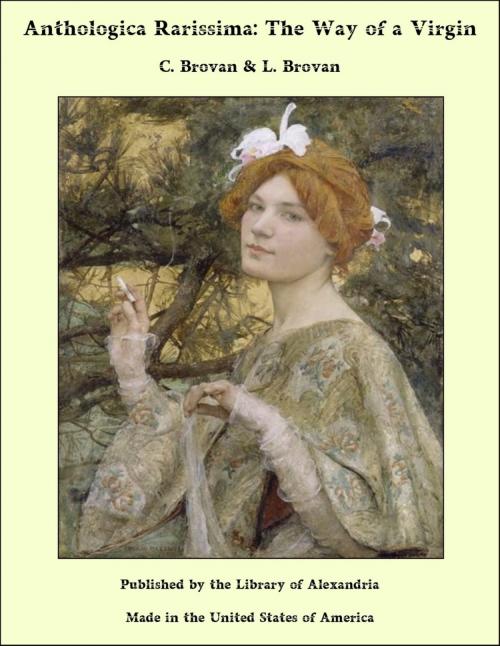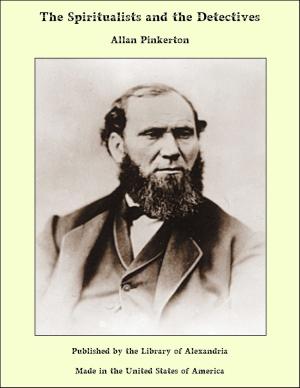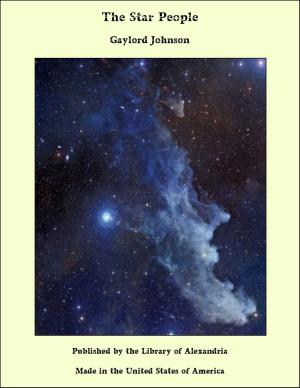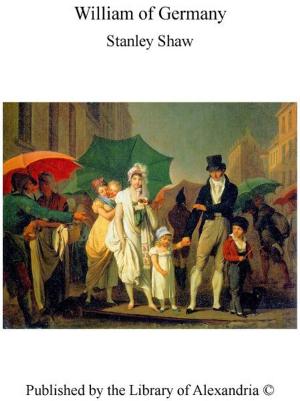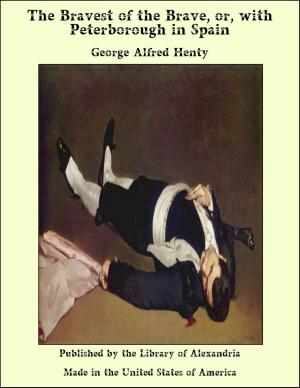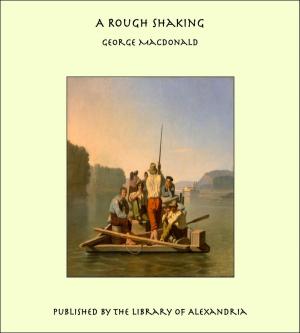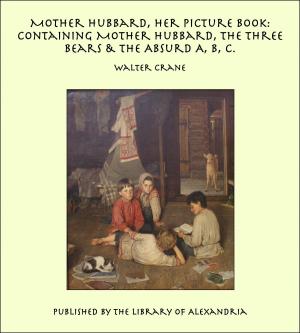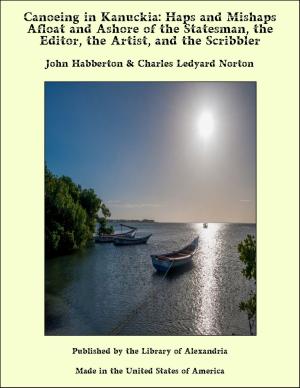Anthologica Rarissima: The Way of a Virgin
Nonfiction, Religion & Spirituality, New Age, History, Fiction & Literature| Author: | C. Brovan & L. Brovan | ISBN: | 9781465612960 |
| Publisher: | Library of Alexandria | Publication: | March 8, 2015 |
| Imprint: | Language: | English |
| Author: | C. Brovan & L. Brovan |
| ISBN: | 9781465612960 |
| Publisher: | Library of Alexandria |
| Publication: | March 8, 2015 |
| Imprint: | |
| Language: | English |
In devoting a volume to the romance and folk-lore of Virginity, it may not be inappropriate first to examine the psychology of a word and a quality as magical as they are misused. What is virginity? Is it the possession intact of that delicate piece of membrane, the poets’ ‘flos virginitatis,’ or is it some indescribable, intangible attribute in no sense dependent on physical perfection? Does it imply abstention from and ignorance of all sexual pleasures, or must it be a chastity which falls little short of stupid, even criminal, innocence? To us moderns, blessed (or cursed) with a smattering of science, woman is virginal just as long as we know or believe her to be, physical qualities notwithstanding. By the poet of the past, the romanticist, the mediæval lover, and the ignorant, physical as well as spiritual proofs were probably required or expected. To them, virginity was something tangible; to us it is not. Nor is the reason far to seek. For while Havelock Ellis, the greatest authority on sexual psychology the world has known, describes the hymen as having acquired in human estimation a spiritual value which has made it far more than a part of the feminine body, ... “something that gives woman all her worth and dignity, ... her market value,” he goes on to point out that the presence or absence of the hymen is no real test of virginity.
In devoting a volume to the romance and folk-lore of Virginity, it may not be inappropriate first to examine the psychology of a word and a quality as magical as they are misused. What is virginity? Is it the possession intact of that delicate piece of membrane, the poets’ ‘flos virginitatis,’ or is it some indescribable, intangible attribute in no sense dependent on physical perfection? Does it imply abstention from and ignorance of all sexual pleasures, or must it be a chastity which falls little short of stupid, even criminal, innocence? To us moderns, blessed (or cursed) with a smattering of science, woman is virginal just as long as we know or believe her to be, physical qualities notwithstanding. By the poet of the past, the romanticist, the mediæval lover, and the ignorant, physical as well as spiritual proofs were probably required or expected. To them, virginity was something tangible; to us it is not. Nor is the reason far to seek. For while Havelock Ellis, the greatest authority on sexual psychology the world has known, describes the hymen as having acquired in human estimation a spiritual value which has made it far more than a part of the feminine body, ... “something that gives woman all her worth and dignity, ... her market value,” he goes on to point out that the presence or absence of the hymen is no real test of virginity.
